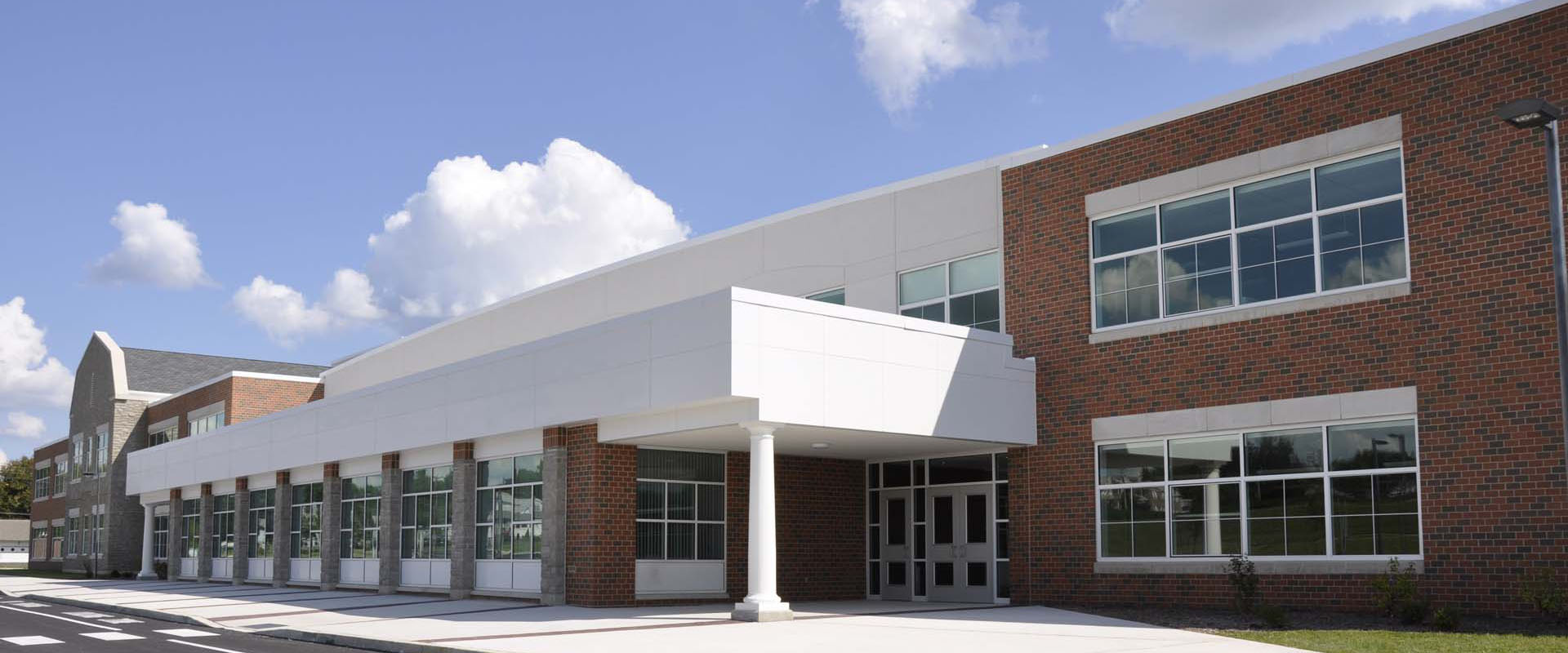School Districts May Be Required to Refund Certain Surplus Property Proceeds to the State Allocation Board

Number 68
A newly signed bill will require school districts and county offices of education to return moneys received from the state school facilities funding program if the school districts or county offices sell real property that was purchased, modernized, or improved with such moneys in the prior ten years, and if certain other criteria are met. The bill, Assembly Bill (AB) 308, which was recently signed by the Governor, applies only to sales and not leases.
Existing law imposes limits on school districts' use of funds derived from a sale of surplus property. Generally, and subject to the following exceptions, the funds must be used for (1) capital outlay or (2) costs of maintenance of school district property that the governing board determines will not recur within a five-year period. There are some exceptions to this general rule:
- Under Education Code section 17462(a), a school district may place the proceeds into its general fund for one-time expenditures, if it determines with the concurrence of the State Allocation Board that it has no anticipated need for additional sites or construction in the next ten years or major deferred maintenance requirements, and it surrenders its state facility funding eligibility for those ten years.
- Under Education Code section 17463, subject to certain conditions and State Allocation Board concurrence, a school district having an average daily attendance of less than 10,001 in any fiscal year may deposit interest earned on the funds from a sale of surplus property in that fiscal year into the general fund for any general fund purpose, while surrendering state facilities funding for ten years.
- Under Education Code section 17463.7, school districts may deposit the proceeds from the sale of surplus real property into the general fund for any one-time general fund purpose. This section only applies if the property was purchased entirely with local funds, and is subject to numerous conditions. The State Allocation Board has also required its approval, despite no such approval being mentioned in section 17463.7.
AB 308 adds section 17462.3 to the Education Code. That section authorizes the State Allocation Board to implement a program that would require school districts and county offices of education to return state school facilities funding to the State if the school district or county office of education sells surplus property that was purchased, modernized, or improved using that funding, and if all of the following conditions are met:
1. The real property is not sold to a charter school, another school district, a county office of education, or any agency that will use the property exclusively for the delivery of child care and development services.
2. The proceeds from the sale of the real property are not used for capital outlay.
3. The real property was purchased, or the improvements were constructed or modernized on the real property, within 10 years before the real property is sold.
Although the new law would not apply where proceeds are used for capital outlay, it does not make any reference to use of the proceeds for non-recurring maintenance, as authorized by Education Code section 17462(a). We contacted the office of the bill's author, and were informed that this omission was intentional, meaning that if the school district uses the proceeds for such maintenance purposes, even though that use is expressly authorized by law, it may be required to refund state facilities funding for property purchased or improvements to facilities on the site in question within 10 years before the sale.
With regard to the other uses of the proceeds that are mentioned above, open questions remain:
- The new law appears to limit the ability to place the proceeds into the general fund for one-time expenditures with the concurrence of the State Allocation Board under Education Code section 17462(a), since any state funding would have to be returned to the State in those circumstances. However, AB 308 does not expressly address this issue one way or the other.
- Education Code section 17463.7, allowing school districts to deposit the proceeds into the general fund for any one-time general fund purpose, applies only to property that was purchased entirely with local funds, and thus the new law would not immediately appear to apply. However, there is an open question regarding the law's effect where that property is later improved or modernized using state facilities funds.
- The new law does not appear to directly affect Education Code section 17463, which applies to interest on proceeds, although the Legislature again gave no specific guidance on this point.
The moneys that would have to be returned to the State under this program would only be those moneys received within 10 years before the real property is sold. For example, this appears to mean that if property was purchased, modernized, or improved using separate disbursements of state funding, the school district would only be required to refund moneys it received within the 10 years prior to the sale. Also, if only a portion of the real property is sold, a proportionate amount of funds received from the State must be refunded to the State Allocation Board based on the percentage of the real property sold.
The State Allocation Board has not yet adopted the program to govern refunding state facilities funding, as authorized by the new legislation. Until such time, it appears that school districts and county offices of education will not be required to return funds to the State, although this is an issue that should be reviewed with legal counsel. If and when the State Allocation Board does implement such a program, the program may impact school districts that are selling surplus property and determining how to use the proceeds. We will continue to monitor the status and report on this issue.
If you have any questions regarding this Client News Brief, or surplus property issues in general, please feel free to contact one of our eight offices located statewide. You can also visit our website, follow us on Facebook or Twitter, or download our Client News Brief App.
School districts are also invited to review our Checklist for Sale or Lease of School District Surplus Property, which describes the requirements and other rules applicable to the lease or sale of surplus school property in detail. For a copy of the most recent edition of the Checklist, please contact Harold Freiman or Kelly Rem at the email addresses listed above.
As the information contained herein is necessarily general, its application to a particular set of facts and circumstances may vary. For this reason, this News Brief does not constitute legal advice. We recommend that you consult with your counsel prior to acting on the information contained herein.







